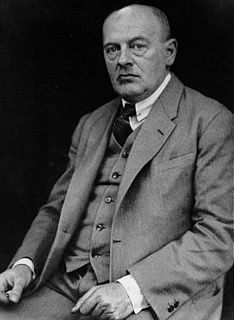A Quote by Mary Gaitskill
I think that politics in most people's lives expresses itself like that: indirectly, in half thought-out opinions and feelings. And sometimes through a connection with something that is very real. But we don't have the knowledge or language to speak about it.
Related Quotes
It's very important to distinguish between what most people in the West think about knowledge, and what the Indian concept of knowledge is. In the West the knowledge is something that is tangible, is material, it is something that can be transferred easily, can be bought and sold; or as in India real knowledge is something that is a living being - is a Vidya.
I think that I would really like at first for the art to speak for itself. I don't see the need for a lot of personal information about my past or who I am. I would rather the personal side of it just be in the concepts and the genuine feelings that I filter through my work. I know that it's inevitable that people can find whatever they want about me. Once I've had a chance to create a language and a world with my art, then I'm more comfortable sharing that information.
Whenever convictions are not arrived at by direct contact with the world and the objects themselves, but indirectly through a critique of the opinions of others, the processes of thinking are impregnated with ressentiment. The establishment of "criteria" for testing the correctness of opinions then becomes the most important task. Genuine and fruitful criticism judges all opinions with reference to the object itself. Ressentiment criticism, on the contrary, accepts no "object" that has not stood the test of criticism
My brain can form thoughts that come out through my mouth. The problem is sometimes I stumble the words because I speak five different languages - we know all that - so the thing is, I like to speak the language that everybody speaks all around the world, that the WWE Universe loves... that's the language of wrestling that I do in the ring.
Growing up in the '80s, questions of style and music and youth culture all seemed inherently political - like gay rights issues, dressing up, wearing makeup, arms protests. A lot of attitude and opinions were expressed through clothes, and they all were meaningful. So in that way, I was so excited about the connection between our private lives and politics - who I kiss, how I like to dance.
Remember that your thoughts are the primary cause of everything. So when you think a sustained thought it is immediately sent out into the Universe. That thought magnetically attaches itself to the like frequency, and then within seconds sends the reading of that frequency back to you through your feelings. Put another way, your feelings are communicated back to you from the Universe, telling you what frequency you are currently on. Your feelings are your frequency feedback mechanism!
Connection is why we're here; it is what gives purpose and meaning to our lives. The power that connection holds in our lives was confirmed when the main concern about connection emerged as the fear of disconnection; the fear that something we have done or failed to do, something about who we are or where we come from, has made us unlovable and unworthy of connection.
Dropping of the atomic bomb was the main subject of conversation for many years and so people had very strong feelings about it on both sides and people who thought it was the greatest thing they'd ever done and people who thought it was just an unpleasant job and people who thought they should have never done it at all, so there were opinions of all kinds.
I think it's hard sometimes for people to grapple with the real-life consequences of political change. I think that, we as a culture, feel like politics is one sector of our lives that can feel apart from our personal lives and the cultural things we're interested in and the sports we watch. It feels like this separate, different thing.







































